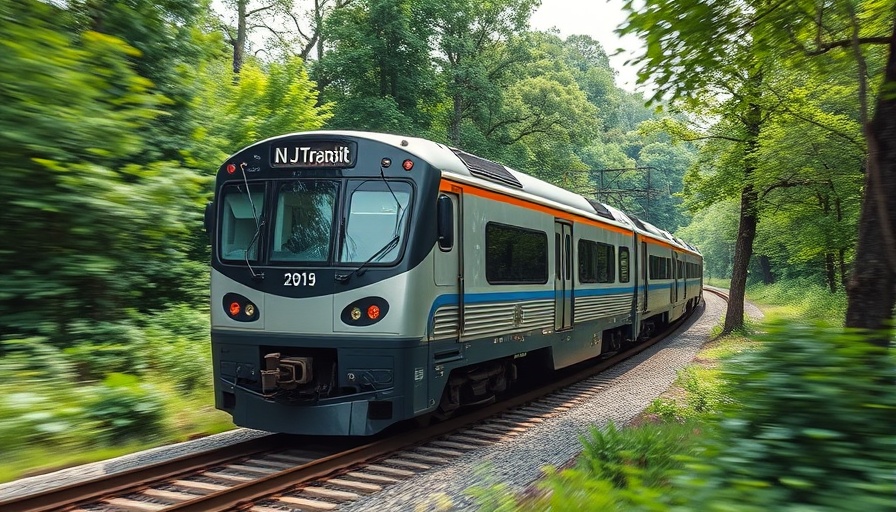
New Jersey Transit on the Brink: Over 350,000 Commuters at Risk
As tensions rise in New Jersey, NJ Transit engineers are set to potentially strike, sending shockwaves through the daily commutes of over 350,000 riders. This looming strike, which threatens to disrupt not only transportation but also the livelihoods of countless commuters, reflects escalating frustrations over contracts and working conditions that have been brewing for some time now.
The Stakes of a Possible Strike: What It Means for Commuters
For many New Jersey commuters, the NJ Transit train is more than just a mode of transportation; it is a vital part of their daily routine. This strike could mean the loss of reliable commuting options for workers traveling to jobs in New York and other areas, leading to lengthy delays and alternative travel arrangements. Public transport, often seen as a lifeline in urban areas, may swiftly become a source of chaos.
Contextualizing the Possible Walkout: A History of Unrest
Strikes in public transit are not new. Many metropolitan areas have faced similar situations where workers push back against what they perceive as unfair treatment by their employers. Comparing this potential strike to past events illustrates the historical context of labor relations across the country, signaling the frustrations that come with the dynamics of urban commuting.
The Broader Economic Implications
Should the strike take place, the ramifications would likely extend beyond just transportation. Cities rely heavily on commuter traffic for economic viability, from local businesses depending on foot traffic to the overall productivity of the workweek. A prolonged strike could spell financial trouble for many industries that depend on a steady flow of customers and employees, raising the stakes of an already contentious situation.
Potential Solutions: Can Negotiations Avert the Crisis?
Negotiations are still ongoing, and there’s hope that both parties can come to a resolution that meets the needs of the engineers while ensuring continuity for commuters. Understanding the negotiation tactics and potential compromises could provide valuable insight into how situations like this can be de-escalated.
Commuters Speak: The Human Side of the Story
This situation isn't merely a headline; it represents real people facing uncertainty. Commuters rely on timely transportation to get to their jobs, and the thought of a strike brings about anxiety and frustration. Hearing their stories can shine a light on the everyday impacts of such industrial actions, fostering empathy and perhaps spurring onlookers to take action or support better working conditions.
Call to Action: What Can You Do?
As we watch the developments unfold concerning the NJ Transit engineers, it's essential for affected commuters to stay informed and consider alternative plans to ensure continuity in their daily lives. Engaging with union representatives, attending community meetings, or even voicing your concerns through social media can help raise awareness and possibly influence the outcome of these negotiations.
Conclusion: The Waiting Game
As New Jersey Transit hefts the weight of potential disruption, it's crucial to remain vigilant and proactive. The stories of these commuters, the stakes at hand, and the discussions surrounding labor rights play into a larger narrative about the infrastructure we rely on every day. Following the trending news on this matter could provide insight into how cities manage public transportation challenges and labor disputes.
 Add Row
Add Row  Add
Add 




 Add Row
Add Row  Add
Add 

Write A Comment